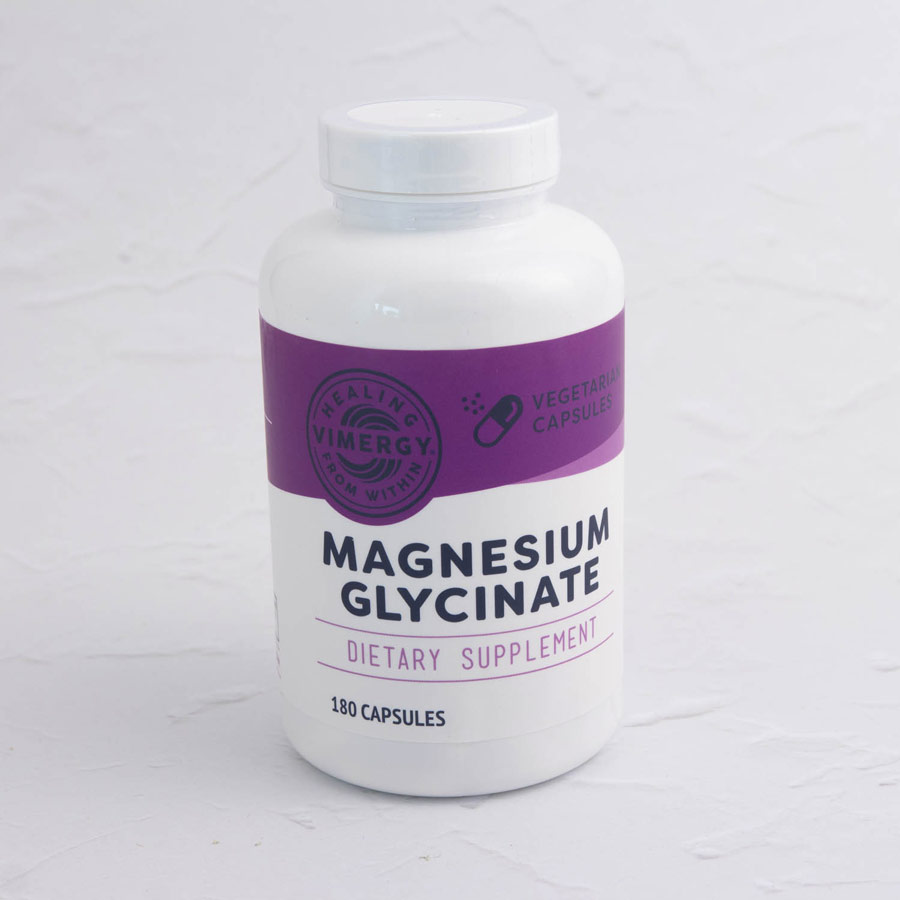Magnesium plays a very responsible role in the human body. In addition to helping to transport heavy metals out of the body, magnesium is involved in as many as three different metabolic processes, including DNA/RNA synthesis, cell function, neurological functions and energy production. Pretty powerful, isn’t it!?
Magnesium:
- regulates the way your heart works;
- keeps your bones strong;
- helps your body relax;
- give you a peaceful night’s sleep.
But what happens if your body is magnesium deficient?
When there is a magnesium deficiency in the body, the body signals this quite clearly. Signs of magnesium deficiency may include:
- headaches and migraine attacks;
- muscle cramps in the legs;
- “restless legs”;
- menstrual cramps;
- postpartum uterine cramps;
- muscle twitching;
- aching teeth;
- heartburn in the stomach;
- constipation;
- joint pain;
- muscle pain;
- sleep disturbances and persistent tiredness;
- constant tiredness;
- depression;
- anxiety and irritability;
- diabetes;
- various inflammations in the body;
- kidney stones;
- feeling hungry even when your stomach is full.
How does magnesium deficiency occur?
As magnesium levels in the soil are no longer sufficient, the amount of magnesium in the food we eat has also decreased significantly. In addition, magnesium availability is reduced by chemicals in soil and food and by GMO foods. In addition, the uptake of magnesium, as well as other essential minerals, is impaired by various chronic diseases or medication. As magnesium deficiency is very difficult to detect with a simple blood test, it is worth being very alert to your body’s signs and supporting your body with a high-quality magnesium supplement if necessary. This is especially true if you’re struggling with a health problem, feel tired even during the day, or play an active sport. In addition, it is worth making sure that your daily diet is healthy, varied and contains enough magnesium-rich foods. Oranges and mandarins, berries, apricots, artichokes, asparagus, sprouts and microgreens, parsley, green leafy vegetables, dandelion and red clover are excellent sources of magnesium. A special mention goes to the mango, which contains a special bioavailable micromagnesium with phenolic acids that are a real calming influence on the nervous system.

Which magnesium supplement to choose?
As with any other supplement, it is important to choose magnesium from a high quality formulation with high bioavailability and excellent absorption. Unfortunately, most of the magnesium preparations sold in pharmacies are based mainly on magnesium oxide, which is poorly absorbed (only 4%) and may not give the desired results. In addition, many magnesium supplements often tend to contain a variety of unnecessary additives that can harm the body in the long run instead of benefiting it. Therefore, it is always worth looking at magnesium supplements that contain. magnesium glycinate , magnesium citrate or magnesium malate, and are as pure as possible (i.e. free from stomach-irritating citric acid, bulking agents and artificial additives).
The form of magnesium with the best absorption is considered to be. magnesium glycinate , which is highly bioavailable, very well absorbed by the body and does not cause unpleasant side effects such as diarrhoea. Studies magnesium glycinate is also suitable for anyone with sensitive digestion or bowel problems.
The good news is that high-quality Vimergy magnesium glycinate is also waiting for you in the Elusväli e-shop. A single dose of Vimergy magnesium glycinate contains 220mg of magnesium, which also includes special active ingredient boosters such as organic ginger and turmeric.
Learn more about the product
HERE
and stay healthy!
Sources used:




 All products
All products
 Powders
Powders
 Capsules
Capsules
 Tinctures
Tinctures
 Kits
Kits
 Brain health
Brain health
 Immunity
Immunity
 Nails and skin
Nails and skin
 Eyes and joints
Eyes and joints
 Liver health
Liver health
 Body cleansing
Body cleansing
 Babies and mothers
Babies and mothers
 Dry goods
Dry goods
 Natural sugars
Natural sugars
 Spices
Spices
 Natural cleaning products
Natural cleaning products
 Drinks
Drinks
 Dried fruit
Dried fruit
 Herbal teas
Herbal teas















